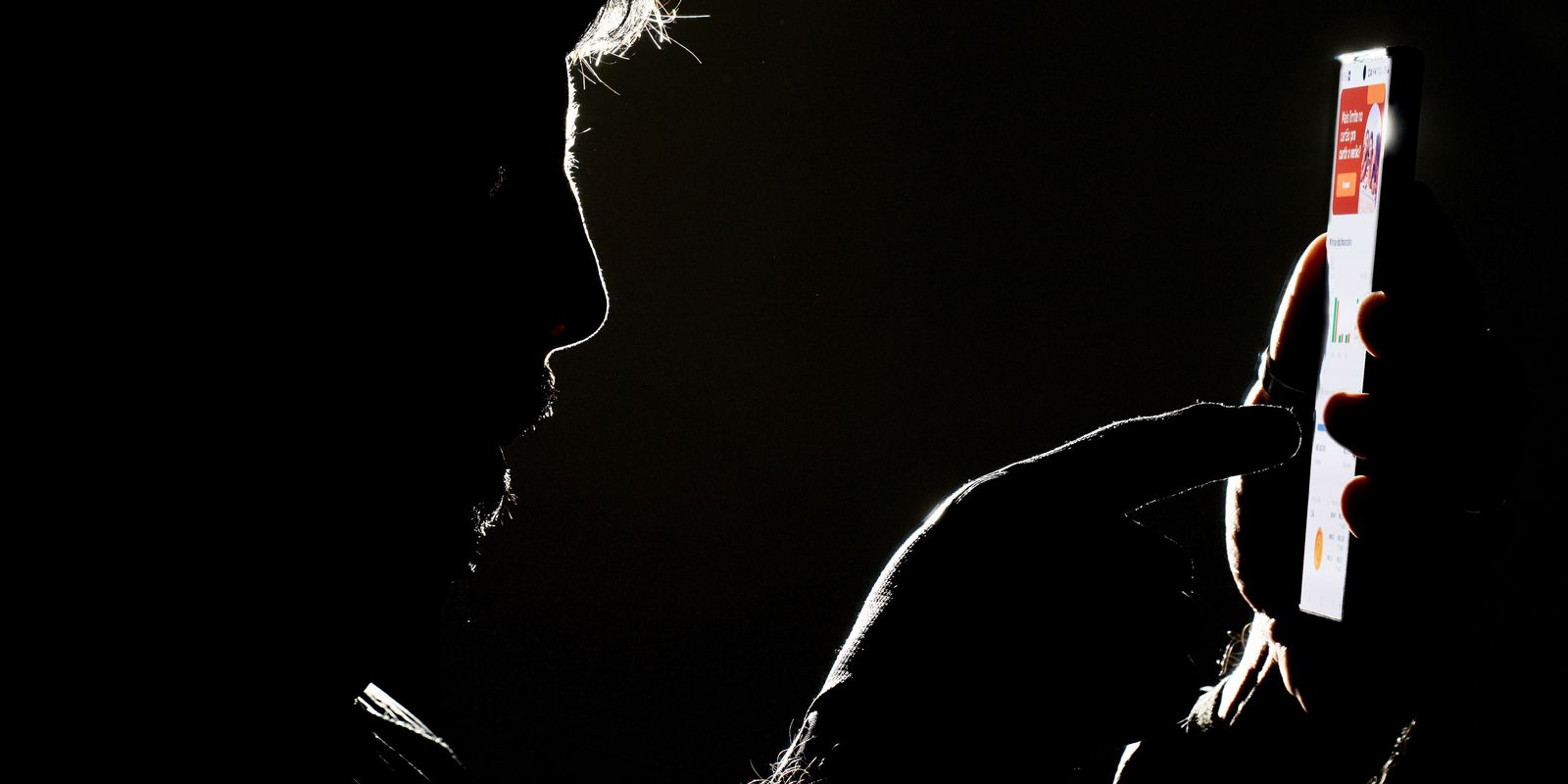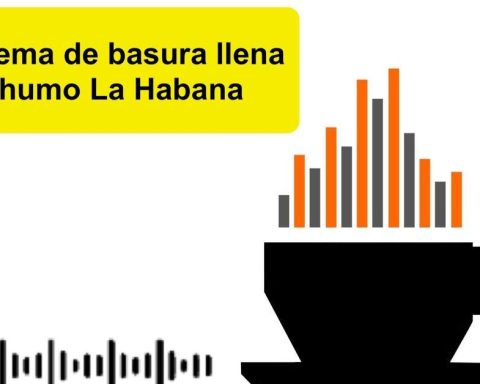The cyber blackout that affected the world this week has been used by criminals as bait to carry out online scams, collecting confidential data from people and companies. In the United States (US), the Cyber Defense Agency (CISA) warned about the risks of falling for criminal actions.
“It is worth noting that CISA has observed threats from actors taking advantage of this incident [apagão cibernético] for phishing and other malicious activity. CISA urges organizations and individuals to remain vigilant and only follow instructions from legitimate sources. CISA recommends that organizations remind their employees to avoid clicking on phishing emails or suspicious links,” the US agency said.
Phishing Data theft involves the theft of data using various methods to make people hand over information to criminals. Typically, an email is sent with a link to a fake page, infecting the computer with a virus that steals confidential data, such as bank account information or sensitive company data.
In Brazil, some cases of phishing using the cyber blackout as bait. Criminals offer technological solutions to problems generated by the cyber blackout. A company in Brasília sent a warning to its employees this Saturday (20).
“The Information Technology Executive Management reports that different threat actors are leveraging the CrowdStrike Falcon-related incident to conduct targeted campaigns phishing and other malicious activities. Measures have been implemented to block malicious emails. However, some may still escape the filters,” the company said.
Cyber blackout
A flaw in the content update related to the CrowdStrike Falcon security sensor, which is used to detect possible hacker intrusions, was the cause of the cyber failure this Friday (19), which left thousands of companies and people around the world without access to operating systems, especially Microsoft’s Windows.
















